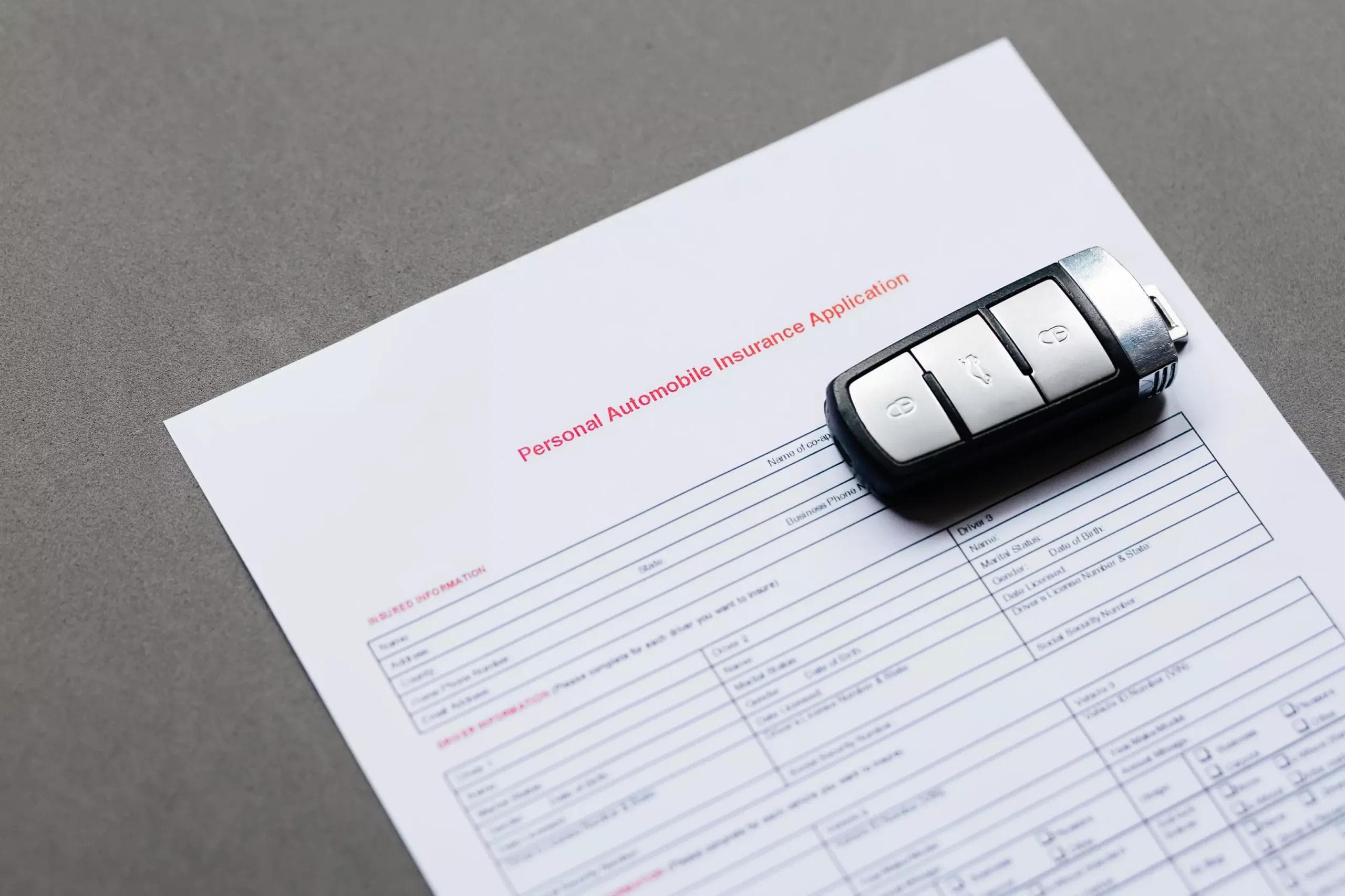
Latest News
Stay informed. Keep up with all news regarding PARRIS, from verdict success stories to latest legal tips.
Free ConsultationIn the aftermath of a car accident, dealing with insurance companies can be a daunting task. This bl...Read More

Car accidents can be traumatic, and dealing with insurance companies afterwards often adds to the st...Read More

When you’ve been injured in an accident, dealing with an insurance company can feel like navigating ...Read More

Insurance companies don’t always tell the truth. Despite what their advertisements and representativ...Read More

The COVID-19 pandemic led to unprecedented shutdowns that affected businesses all over the state. Sh...Read More


